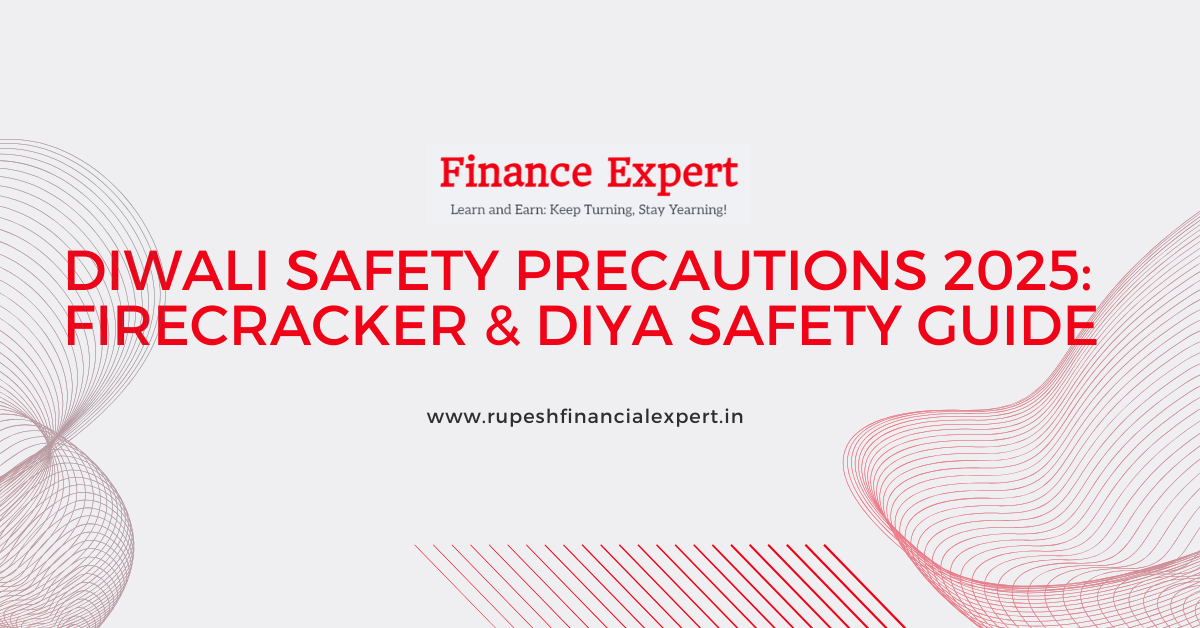While rain after a hot and humid day can be a desirable thing but it is a known fact that accidents happen during rainy season. Whether it is a light shower or a heavy downpour which is also accompanied by mild to intense winds it makes the streets wet and even create potholes on roads which pose dangerous conditions for driving.
During rains vehicle drivers can expect:
1.Poor visibility
2. Slippery surfaces
3.Reduced traction
4.Increased stopping distances
5.High probability of skids 6. Loss of directional control.
Follow these tips to reduce the risk of driving in wet weather:
- Avoid driving if possible- It is always advisable not to drive when it rains, if possible.
- Before commencing driving check that parking light, brake light & wipers of your car are working perfectly.
- Turn the headlights on & slow down- You must drive as slowly as possible during the wet weather. This helps avoid hydroplaning, skids etc. The most dangerous time is when the rain starts as it causes the oils on the roadway to come up to the surface. This makes the entire road surface slippery and thus, increases the chances of an accident.
- Due to heavy winds and rains the electric lines may fall, be alert & do not drive over fallen power lines.
- Be a mindful driver & increase your following distance- It is always safer to increase the distance between your car and the vehicle in front of you during wet weather. Always use windshield wipers-People use it during heavy rains but often skip on it during light showers and drizzle. Defog your windows-Precipitation can quickly fog-up the windshield. Using front and back defrosters help in maximizing the visibility.
Be mindful of intersections and merging lanes-Drive extremely slowly and exercising all precautions like blowing a horn, turning on the headlights.
Following Electrical Safety Measures to be taken during Monsoon:
General Precaution
- Do not touch electrical appliances with wet hands/bare feet & don’t hang wet clothes near power lines
- Stay away from electrical installations like power poles, sub-stations, transformers, streetlights, etc during the rains / waterlogged area.
During Thunderstorm & Lightning
- Unplug TV, home entertainment systems & computers.
- If you are outdoors look for a large, enclosed building when lightning strikes. Do not shelter below tree
- Never carry out any electrical maintenance work related to wiring
At Home
- Protect all electrical home appliances from rain water
- Cables/wires should not be laid or found lying over accumulated rainwater- Re-route the same
- Do not operate switches /electrical appliances or use switchboard if it is wet. Keep electrical switchboard of house at elevated height. If not possible ensure that its power supply is switched off during increasing water level.




